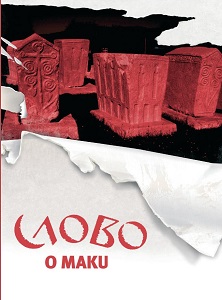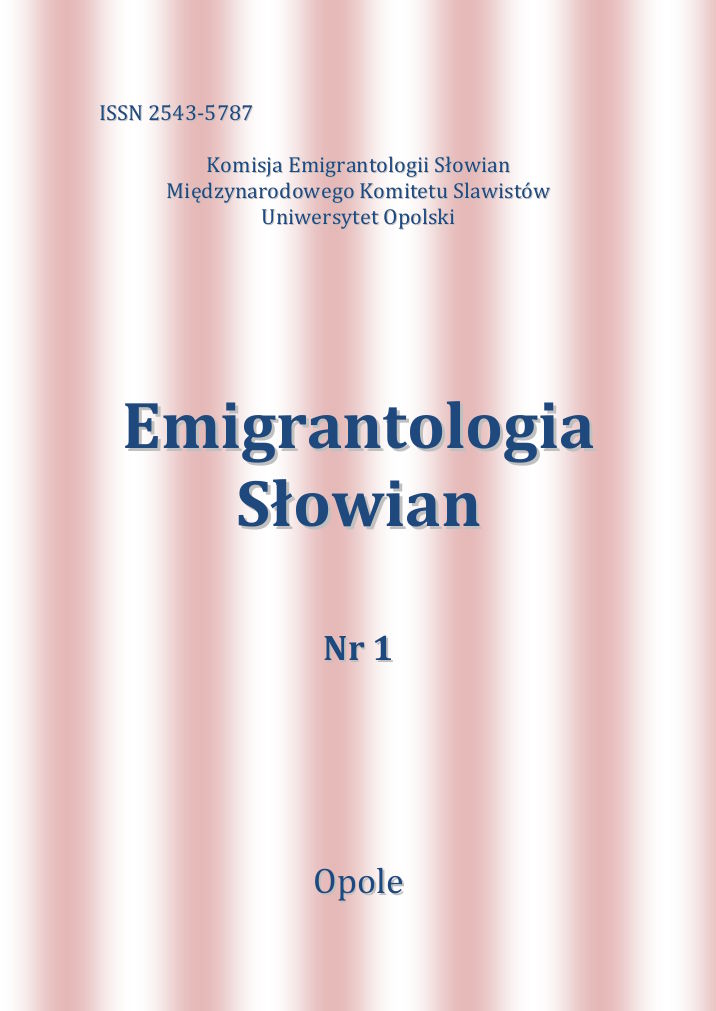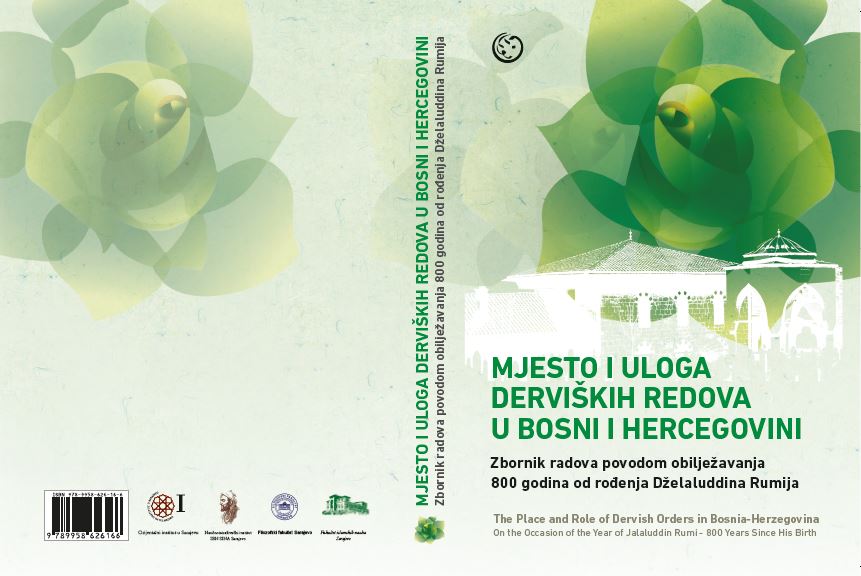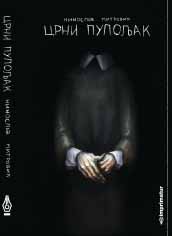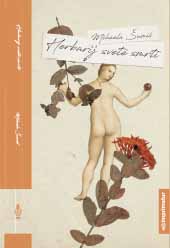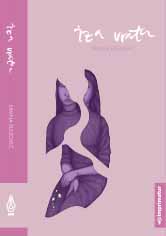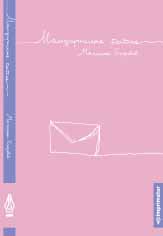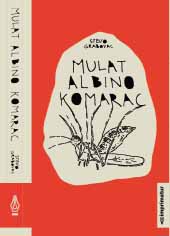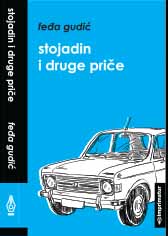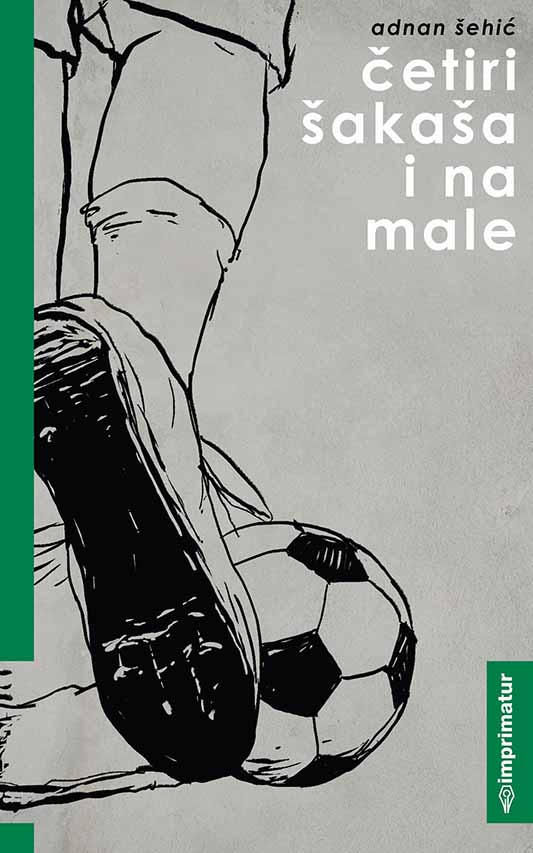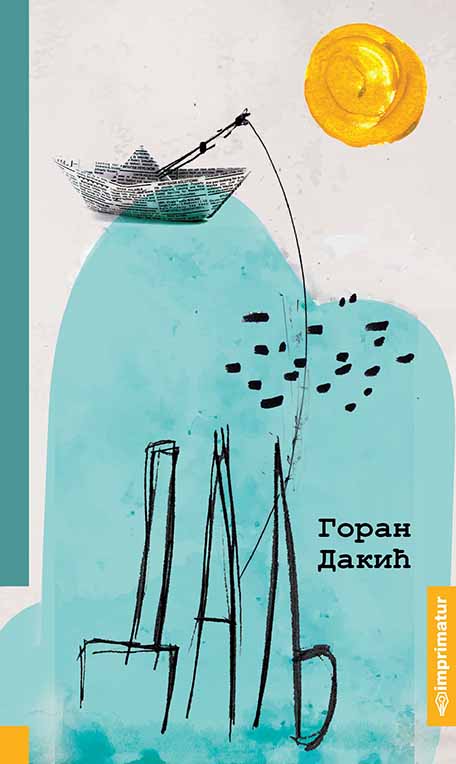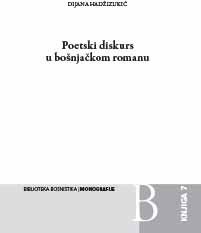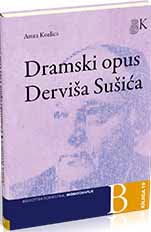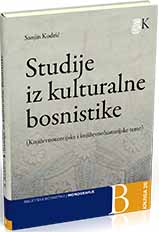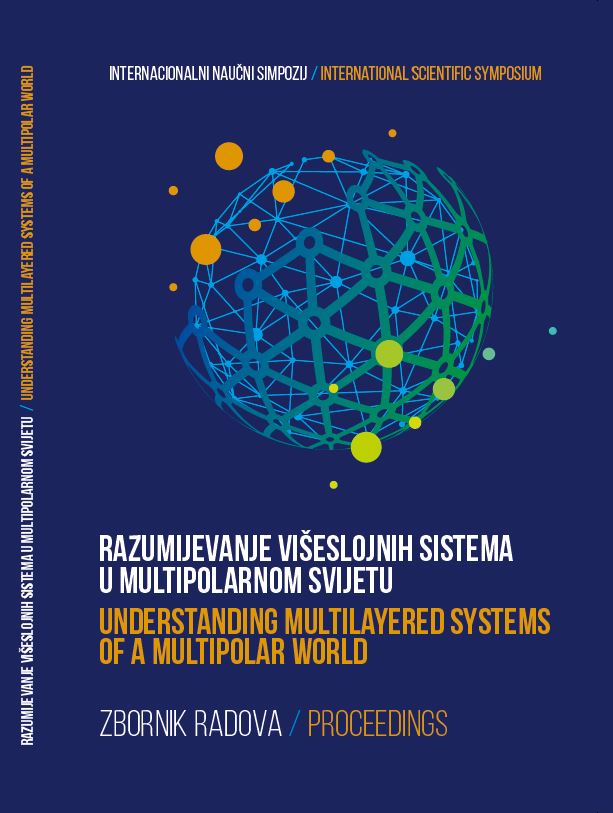Author(s): Sanjin Kodrić / Language(s): Bosnian
This book has been the result of my two central, concurrent and continuous interests – the interest for concrete literary-historical issues from the history of the Bosniak literature, as well as the literature(s) of Bosnia and Herzegovina, on one hand, whereas, on the other one, the interest related to issues of literary and cultural theories, primarily the issues about the theory of the history of literature It deals, therefore, with the issues I find inextricably connected in the approach I happen to propose, promote and practice Even when I am dealing with the research of literary-historical nature, I am inclined to treat them with that kind of literary theoretical awareness, particularly in the context of examining the possibilities of applying diverse literary theoretical concepts in the process of studying the Bosniak and the literature(s) of Bosnia and Herzegovina At the same time,these two interests of mine and the related issues I have duly considered and deliberated upon in this book merge somehow in the question: What is Bosnistics? and, especially, in the question: What is Cultural Bosnistics? or, rather, what that cultural Bosnistics ought to be? As it seems in the case of Bosnia and Herzegovina itself, the literary production in Bosnia and Herzegovina is a rather complex and complicated phenomenon Having been observed as a whole and in its historical continuation, it has not come, above all, into existence within a single people or nation, or one ethno-national community, for that matter, especially if such a phenomenon is to be perceived with the awareness about the realistic nature of complex processes of ethnic and nation-state identifications which had been taking place with such an intensity in Bosnia and Herzegovina from mid-19th century until nowadays Thanks to them, the former relatively homogeneous existence of Bosnian people developed, in the course of time, into three distinctly separate, yet intertwined, ethno-national communities, primarily alongside their previous religious or confessional identifications and ties of a kind in a wider South Slavic context. This distinctive ethno-national situation in Bosnia and Herzegovina in the period between the emergence of the New Age and our contemporary times, one should add, as the given fact, involves also the existence of other ethnicities in Bosnia and Herzegovina Some of them have also managed to develop their own literary traditions, and alongside other minority communities in the country, one of the best known among them has included the Jews in Bosnia and Herzegovina and their own literary tradition(s) .In this way, one must take, in this sense, as the reality of having a number of parallel literary practices of, at least, three, or mainly four clearly recognisable and comprehensive ethno-national communities in Bosnia and Herzegovina All this must be considered with the full awareness about the wider framework of Bosnia and Herzegovina, and, consequently, when taken all together, it can be of help in order to understand the literature in Bosnia and Herzegovina in its overall complexity, primarily in the cultural sense.
More...
